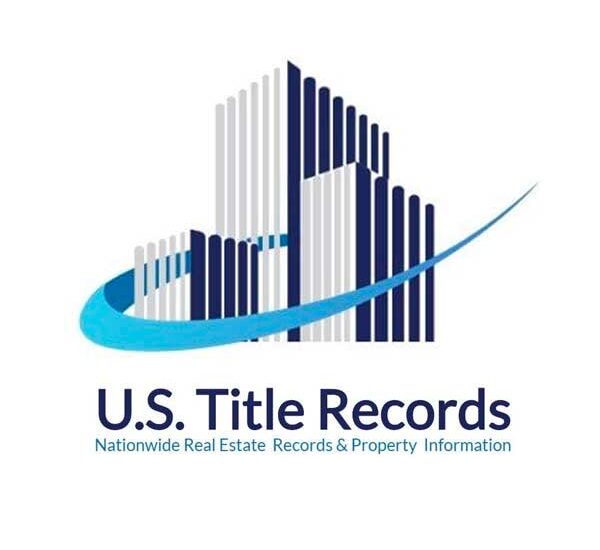Performing Online Property Records searches throughout the U.S.
- August 30, 2023
- Posted by: admin
- Categories: Online Copy Of Deed, Posts, Property owner search, Property Records, Property Records Search, Property Title Search, Public Property Records, Real Estate, Real Estate Post, Resources, Title Reports, Title Search, Title search by name

An online property records search is a convenient and efficient way to access property, land, and commercial real estate information. With just a few clicks in most counties, users can find details such as ownership, open mortgages, transfer history, and potential clouds on title including liens, UCC filings, and judgments. You can also look up property values, tax assessments, and recorded foreclosure activity.
U.S. Title Records has a network of local county recorders’ offices and provides title documentation services using similar (if not the same exact) proprietary software and databases. Clients gain exclusive access to copies of deeds, lien search, document retrieval, individual locator service, and title search.
U.S. Title Records and its team have streamlined the search process for county records. This outline will explore the benefits of searching for property records online and provide a step-by-step guide on how to conduct a successful search made to satisfy the need for due diligence.
Benefits of Online Property Records Search
Accessible 24/7
- Users can access property records anytime, anywhere if they have an internet connection.
- No need to visit government offices or wait for business hours to obtain property information.
Time and Cost Savings
- Online property records search eliminates the need for physical visits to government offices, saving time and transportation costs.
- Users can quickly find the information they need without sifting through physical documents or waiting in long queues.
Comprehensive Information
- Online property records search provides a wealth of information, including ownership history, property details, tax assessments, liens, and more.
- Users can comprehensively understand a property’s background and make informed decisions based on the available data.
- View current mortgages, purchase price, transaction history, and sale history
How to Conduct an Online Property Records Search
Step 1: Determine the Jurisdiction
- Identify the jurisdiction where the property is located, such as the county or city.
- Different jurisdictions may have different online platforms or databases for property records.
Step 2: Visit the Official Website
- Go to the official website of the jurisdiction’s government or assessor’s office.
- Look for a section or tab related toproperty records or assessments.
Step 3: Search for the Property
- Enter the property’s address or parcel number in the search bar.
- Some platforms may also allow searching by owner’s name or other criteria.
Step 4: Review the Results
- Once the search is complete, review the results page.
- Look for relevant information such as ownership history, property details, tax assessments, and any additional documents or records available.
Step 5: Download or Print Records
- If desired, download or print the property records for future reference.
- Some platforms may require creating an account or paying a fee to access certain documents.
Conclusion
Online property records search offers numerous benefits, including accessibility, time and cost savings, and comprehensive information used to perform due diligence. By following a few simple steps, users can easily find the property records they need and make informed decisions based on the available data that is indexed online.
Go ahead to the property records search page and make your selection. We think you will like our easy to order streamlined service.